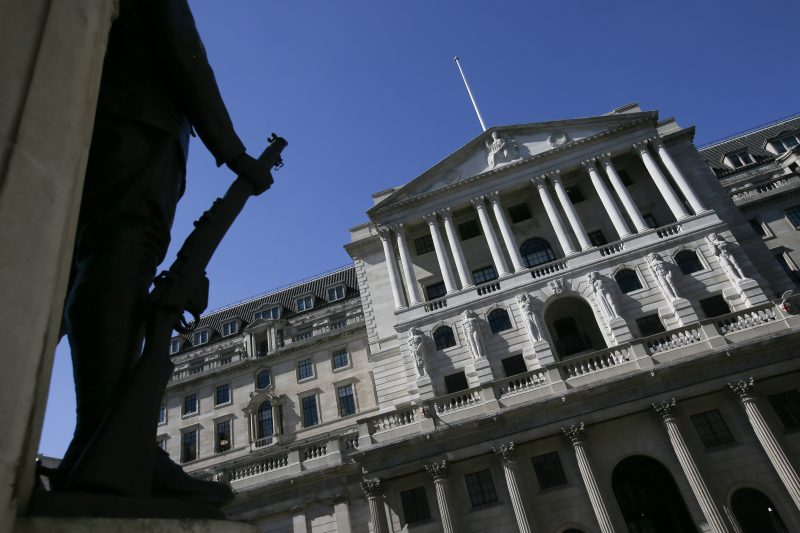London launches search for new Bank of England chief
The search is on for a new head of the Bank of England to replace Mark Carney (Daniel LEAL-OLIVAS)
London (AFP) – Britain on Wednesday launched the search for the next Bank of England governor, with Mark Carney finally due to step down after helping steer the UK economy through Brexit uncertainty.
Finance minister Philip Hammond praised Carney as a “steady hand” who oversaw the UK economy through “a challenging period” following Britain’s referendum vote nearly three years ago to exit the European Union.
The Canadian leaves his role on January 31, having extended his tenure twice owing to Brexit turmoil.
Carney, 54, took up the post in July 2013, with the UK economy struggling to recover from the financial crisis and with the Bank of England’s main interest rate at a then record-low 0.50 percent.
“In today’s rapidly evolving economy the role of governor is more important than ever,” said Hammond, whose official title is chancellor of the exchequer.
“Finding a candidate with the right skills and experience to lead the Bank of England is vital for ensuring the continuing strength of our economy and for maintaining the UK’s position as a leading global financial centre,” Hammond added.
The Treasury will employ a specialist head hunter to find Carney’s successor, with interviews expected over the summer and an announcement on the successor due later in the year.
Those thought to be in the frame include BoE chief economist Andrew Haldane, Santander UK chairwoman Shriti Vadera, and Raghuram Rajan, who was formerly governor of the Reserve Bank of India.
Other possible contenders are Andrew Bailey, who is currently head of the Financial Conduct Authority watchdog, and Sharon White who heads UK communications regulator Ofcom.
The new Bank of England chief will be handed an annual salary of £480,000 ($622,400, 554,000 euros), the same as Carney has earned since becoming governor.
On his own appointment, Carney intended to serve only five years of an eight-year term for personal reasons, meaning he would step down in 2018.
However in October 2016, the central bank chief agreed to remain at the helm for one more year amid tough Brexit negotiations between London and Brussels.
Then last September, Carney said he would remain Bank of England boss until January 2020.
Following the Brexit vote, Carney led the BoE in slashing its key interest rate to a new record-low of 0.25 percent, with fears that the decision to leave the EU could trigger recession in Britain — a scenario that has not materialised.
With the UK economy weathering the Brexit storm and amid rising British inflation, the BoE has since raised borrowing costs twice, each time by a quarter-point, leaving the current rate at 0.75 percent.
Carney succeeded Mervyn King as BoE governor to become the first non-Briton to hold the post.
Before moving to London, Carney served as governor of the Bank of Canada, where he won praise for guiding the country through the global financial crisis relatively unscathed.
Ahead of his career as a central banker, Carney worked for 13 years at US banking giant Goldman Sachs.
Disclaimer: Validity of the above story is for 7 Days from original date of publishing. Source: AFP.


